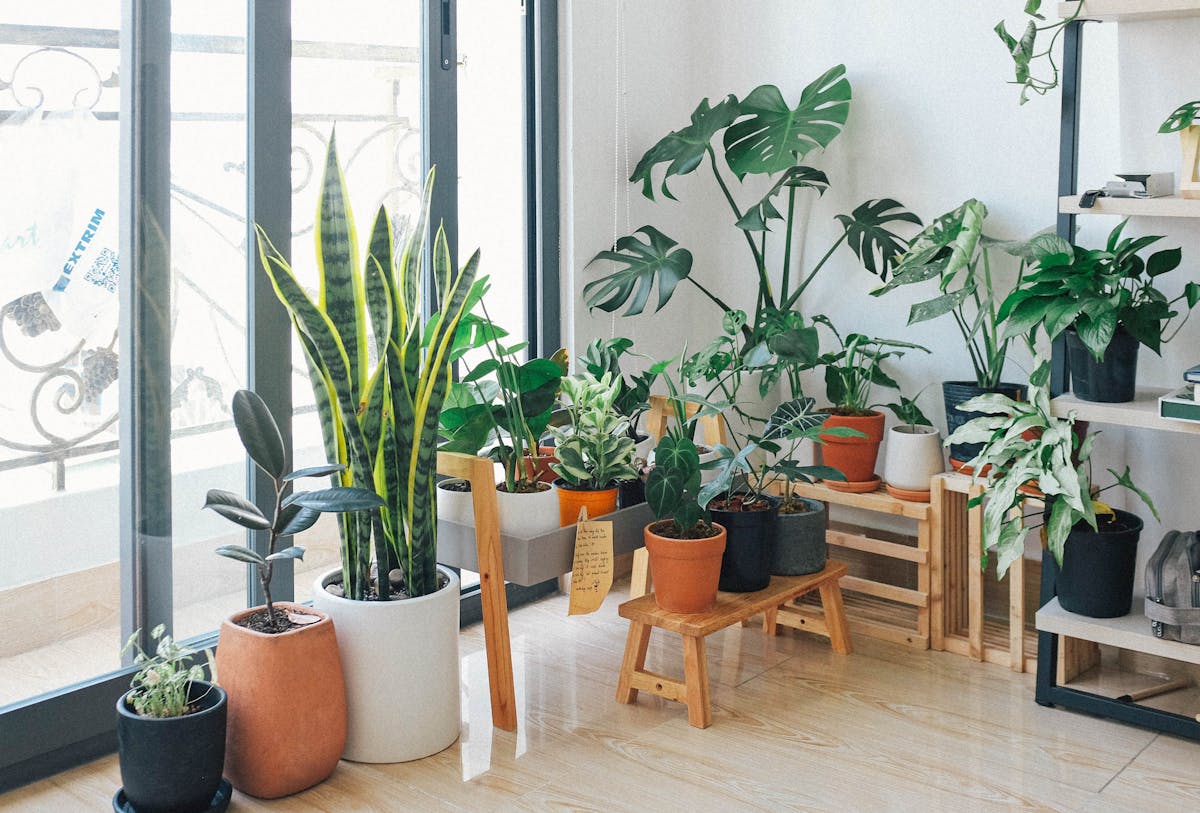Houseplants add beauty to our homes, purify the air, and bring a sense of calm. But if you have a pet, your greenery could be doing more harm than good. Many common houseplants are toxic to cats and dogs, causing anything from mild irritation to severe organ damage. The worst part? Some of these plants are widely sold at garden centers with little to no warning labels.
At Alta Vista Animal Hospital, we want pet owners to be aware of these hidden dangers so they can create a pet-friendly home. Let’s take a look at some surprisingly toxic plants, what symptoms to watch for, and safer alternatives.
Lilies – Beautiful but Deadly for Cats
Lilies are a staple in floral arrangements and home decor, but they’re a serious threat to cats. Even small amounts—like licking pollen off their fur or drinking water from a vase with lilies—can cause fatal kidney failure. Some of the most dangerous types include:
- Easter lilies
- Tiger lilies
- Asiatic lilies
- Daylilies
Signs of lily poisoning in cats: Vomiting, lethargy, excessive drooling, lack of appetite, and increased thirst. Immediate veterinary care is critical—without treatment, kidney failure can occur within 24 to 72 hours.
Pet-safe alternative: Opt for pet-friendly flowers like orchids or sunflowers.
Aloe Vera – A Healing Plant That’s Harmful to Pets
Aloe vera is known for its soothing properties, but it contains compounds called saponins and anthraquinones that can be toxic to pets. While a small nibble might only cause mild stomach upset, larger amounts can lead to serious health problems.
Symptoms of aloe poisoning: Vomiting, diarrhea, tremors, and lethargy.
Pet-safe alternative: Try a Haworthia plant, which looks similar but is non-toxic to pets.
Pothos (Devil’s Ivy) – A Popular but Risky Houseplant
Pothos is one of the most popular houseplants due to its low-maintenance nature, but it contains insoluble calcium oxalates, which can cause intense oral irritation if chewed. This means burning, swelling, and even difficulty swallowing for pets.
Symptoms of pothos poisoning: Excessive drooling, pawing at the mouth, vomiting, and difficulty eating.
Pet-safe alternative: Consider the spider plant, which is easy to care for and completely non-toxic to pets.
Sago Palm – A Deadly Danger in Disguise
Sago palms are often used as decorative plants both indoors and outdoors. While they look stunning, every part of the plant—including the seeds—is highly toxic to pets, especially dogs. Ingesting even a small amount can cause severe liver damage or death.
Symptoms of sago palm poisoning: Vomiting, diarrhea, seizures, liver failure, and jaundice. If you suspect ingestion, seek emergency veterinary care immediately.
Pet-safe alternative: Try a parlor palm, which offers a similar aesthetic without the toxicity.
Snake Plant – A Low-Maintenance Threat
Snake plants are a go-to choice for beginners due to their hardiness, but they contain saponins, which can cause gastrointestinal upset in pets. While not usually fatal, chewing on the leaves can lead to discomfort and distress.
Symptoms of snake plant poisoning: Nausea, vomiting, diarrhea, and drooling.
Pet-safe alternative: Try a calathea plant, which has beautiful patterned leaves and is completely non-toxic.
What to Do if Your Pet Ingests a Toxic Plant
If you suspect your pet has chewed or ingested a toxic plant, don’t wait for symptoms to appear. Here’s what to do:
- Remove any remaining plant material from your pet’s mouth.
- Check for symptoms like vomiting, excessive drooling, or difficulty breathing.
- Call Alta Vista Animal Hospital or your local emergency vet for guidance.
- If possible, take a picture of the plant or bring a sample to the vet to help with diagnosis.
Creating a Pet-Safe Indoor Garden
The good news? You don’t have to give up your love for houseplants to keep your furry friend safe. Here are a few pet-friendly houseplants for to consider:
Areca palm – Non-toxic and adds a tropical vibe.
Boston fern – A lush, safe choice for hanging baskets.
Prayer plant – Beautiful patterns and completely pet-friendly.
African violet – A flowering option that’s safe for both cats and dogs.
By making smart plant choices and keeping toxic varieties out of reach, you can create a safe and happy environment for your pets.
Need Help? Contact Alta Vista Animal Hospital
If you have any concerns about houseplants for pets or need emergency care for your pet, Alta Vista Animal Hospital is here to help. Give us a call or visit our clinic for expert advice and treatment.




